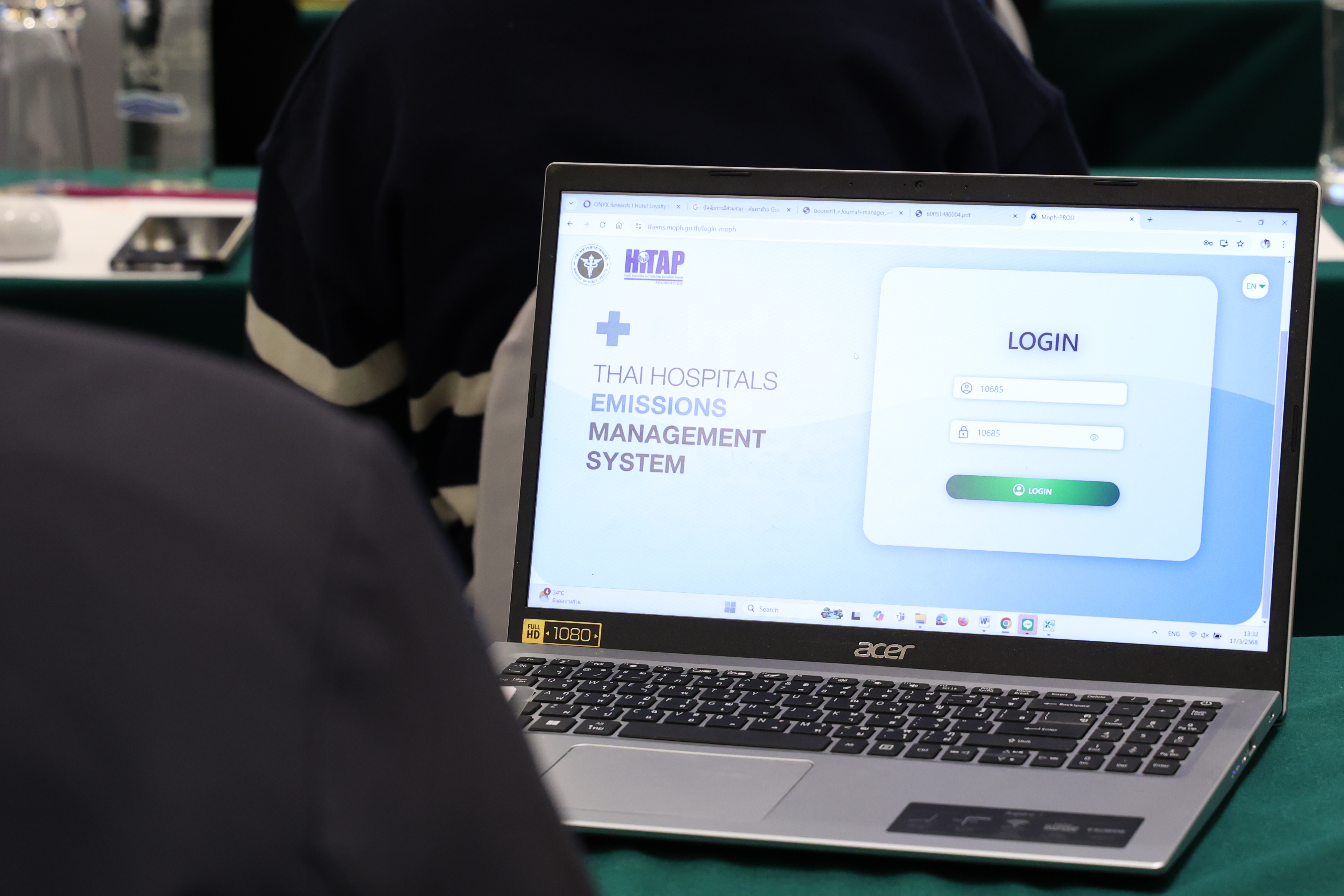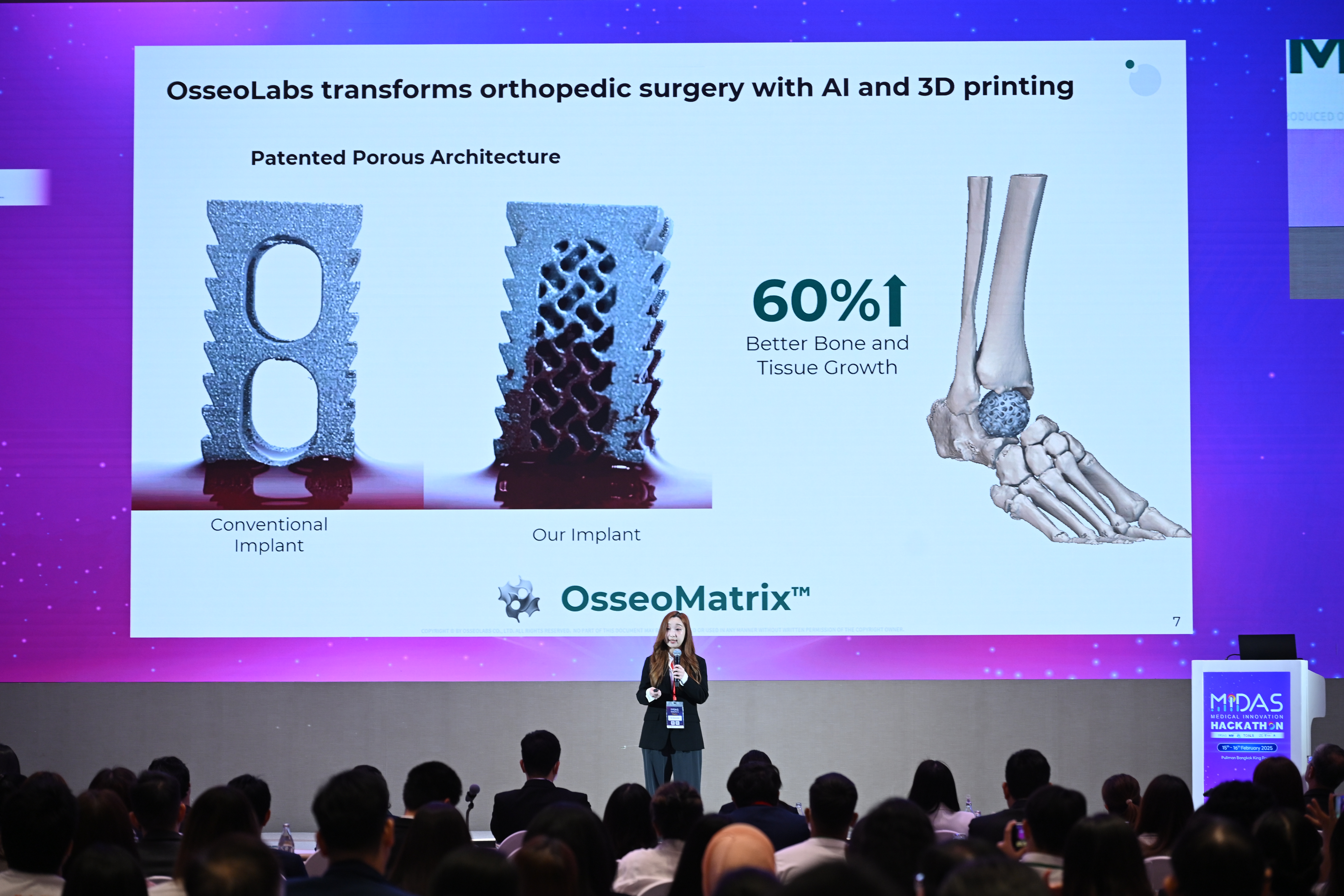ต้องการข้อมูลเพิ่มเติม ติดต่อฝ่ายสื่อสารองค์กร HITAP
From: http://www.bbc.co.uk/news/world-20810849
UK researchers believe they have explained why some families are incredibly vulnerable to bowel cancer.
They have found two genes, which are passed from parent to child, that greatly increase the risk of a tumour forming.
The study, published in Nature Genetics, analysed DNA from 20 people with a strong family history.
The findings could be used to develop a test to judge someone’s risk of the disease.
One of the people who took part in the study, Joe Wiegand from Hampshire, was diagnosed with bowel cancer when he was 28. Most of his colon had to be removed.
“There’s a very strong history of bowel cancer in my family – my dad’s mother and sister both had it, my dad was diagnosed with it at 43 and a few cousins have had bowel cancers and brain tumours.
“It’s clear that something’s going on in our family.”
The researchers looked at the genetic code of 20 people and found faults in two genes could increase the chance of developing the cancer.
Prevention
Lead researcher, Prof Ian Tomlinson from the University of Oxford, said: “There are some families where large numbers of relatives develop bowel cancer, but who don’t have any of the known gene faults that raise the risk of developing the disease.
“These two faults are rare, but if you inherit them your chance of bowel cancer is high.”
He said that, in the short-term, the findings could be used to work out which people had a high risk of developing bowel cancer and, in families with a high incidence of the cancer, to work out which people were at risk and needed more regular screening.
He said it was “conceivable” that specific therapies could be designed to overcome these mutations in the future.
Prof Richard Houlston, from the Institute of Cancer Research, said the finding was “one of the most important discoveries in bowel cancer genetics in years”.
Dr Julie Sharp, from Cancer Research UK, said the research was “another piece of the puzzle” for at-risk families.
She said the findings mean, “doctors can help families with a strong family history by preventing cancer from developing or diagnosing it earlier to help more people survive”.
28 ธันวาคม 2555


